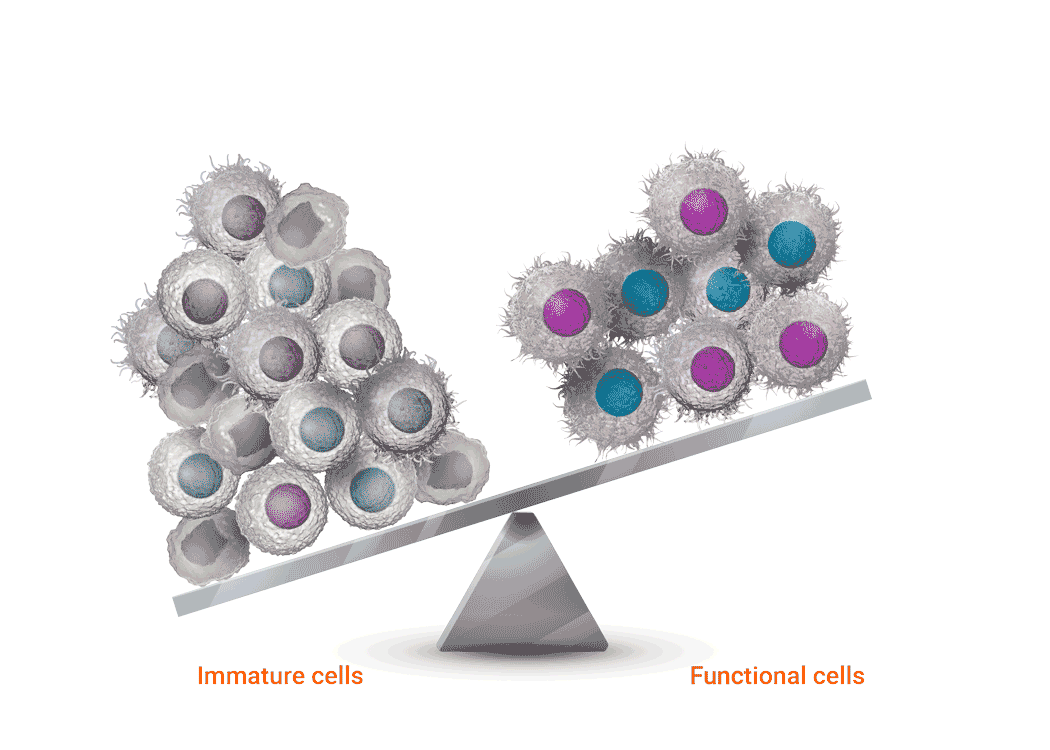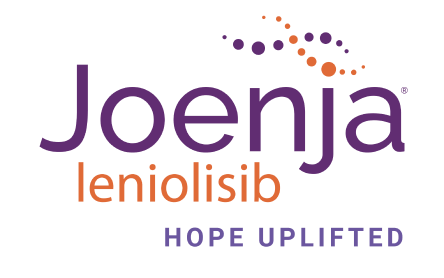Important Safety Information
Tell your healthcare provider if you are pregnant or plan to become pregnant. JOENJA may harm your unborn baby. Your healthcare provider will do a pregnancy test before you start receiving JOENJA.
Important Safety Information
Tell your healthcare provider if you are pregnant or plan to become pregnant. JOENJA may harm your unborn baby. Your healthcare provider will do a pregnancy test before you start receiving JOENJA.
Use effective birth control to prevent pregnancy while taking JOENJA and for one week after you stop taking JOENJA. If you plan to become pregnant, continue taking your birth control for one week after stopping JOENJA. Talk to your doctor about what type of birth control method is right for you while taking JOENJA.
It is not known if JOENJA passes into your breast milk. Talk to your doctor about the best way to feed your baby if you take JOENJA.
Tell your healthcare provider and pharmacist about all the medicines you take, including prescription and over-the-counter medicines, vitamins, and herbal supplements. JOENJA and certain other medicines may affect each other.
Tell your healthcare provider if you are scheduled to receive an immunization (vaccine). JOENJA may affect how well a vaccine works.
Discontinue JOENJA and seek immediate medical attention if you develop any signs and symptoms of serious allergic reactions including itching, skin redness, hives, rash, difficulty breathing, or swallowing.
The most common side effects of JOENJA include headache, inflammation of sinuses, weight gain, and dry, itchy, and inflamed skin (eczema). These are not all the possible side effects of JOENJA. Tell your healthcare provider about any side effect that bothers you or does not go away.
You can also report negative side effects to FDA at 1-800-FDA-1088 or www.fda.gov/medwatch, or Pharming Medical Affairs at (800) 930-5221.
Approved Use
JOENJA® (leniolisib) is a prescription medicine that is used to treat activated phosphoinositide 3-kinase delta (PI3Kδ) syndrome (APDS) in adults and children 12 years of age and older.
For more information, please see the full Prescribing Information.







